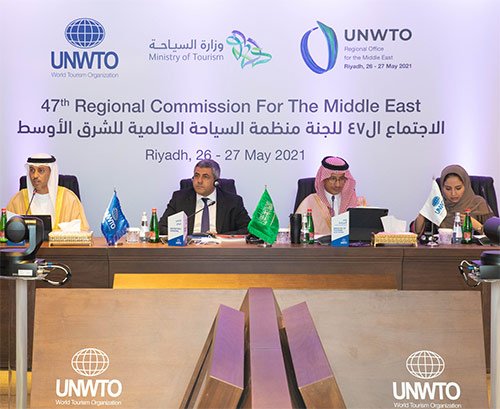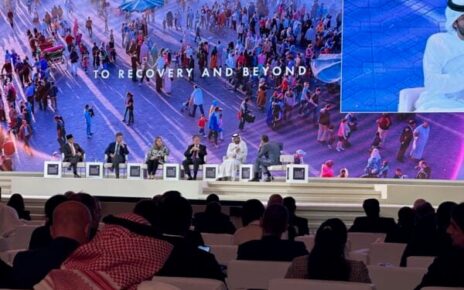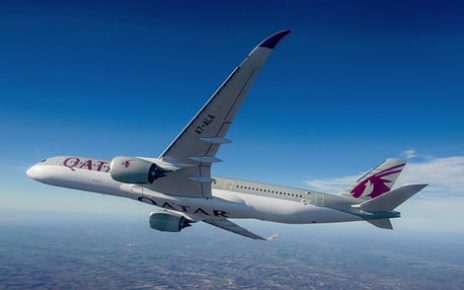Members of the UNWTO Regional Commission for the Middle East have agreed to work on the creation of harmonized protocols to support the resumption of regional travel in the wake of the coronavirus pandemic.
- Developing a common framework to reopen international borders
- Creating Public Health Corridors between destinations to promote specific tourism experiences and relaunch hotspot tourism destinations
- Working to implement the IATA-UNWTO destination tracker, a monitoring system to track health data, regulations and movements across borders
The 13 Members of the UNWTO Regional Commission for the Middle East met in Riyadh, Kingdom of Saudi Arabia, the day after the United Nations specialized agency for tourism celebrated the official opening of its first Regional Office in the city. High on the agenda was adopting a coordinated approach to developing unified protocols for safe and responsible travel throughout the region.
The UNWTO Middle East Member States have agreed to work together on core initiatives intended to harmonize travel protocols and reinvigorate regional travel through:
- Developing a common framework to reopen international borders;
2. Creating approved Public Health Corridors between destinations to promote specific tourism experiences and relaunch hotspot tourism destinations;
3. Implementing a common digital health solution to facilitate travelers’ experience through interoperability and blockchain as technologies to help develop common standards; and
4. Working to implement the IATA-UNWTO destination tracker, a monitoring system to track health data, regulations and movements across borders and to protect the health and welfare of the region’s 450 million inhabitants.
Nations around the world are struggling to overcome the pandemic that has such a devastating impact on the global tourism sector.
UNWTO Secretary-General, Zurab Pololikashvili, presented his report to the Regional Commission. The report outlined how UNWTO had worked with all Members and Affiliate Members across the region, most notably supporting them in their unique and shared response to the impacts of the COVID-19 pandemic.
“This agreement opens a new chapter in regional tourism across the Middle East and sets a standard of collaboration for other regions,” said Zurab Pololikashvili, UNWTO Secretary General. “Nations around the world are struggling to overcome the pandemic that has such a devastating impact on the global tourism sector. The more countries seek to follow an independent path out of the crisis, the longer it will take to rebuild the millions of livelihoods affected. It is only through unity and collaboration across borders that we can move beyond these dark times and make the benefits of tourism available to the world once more.




